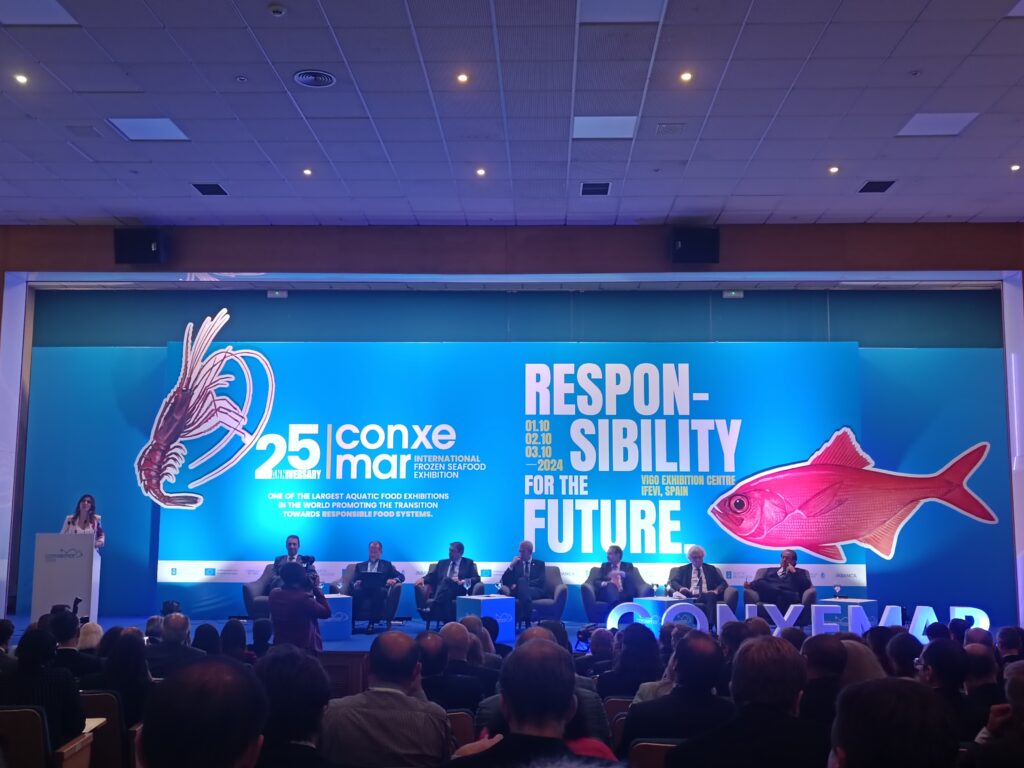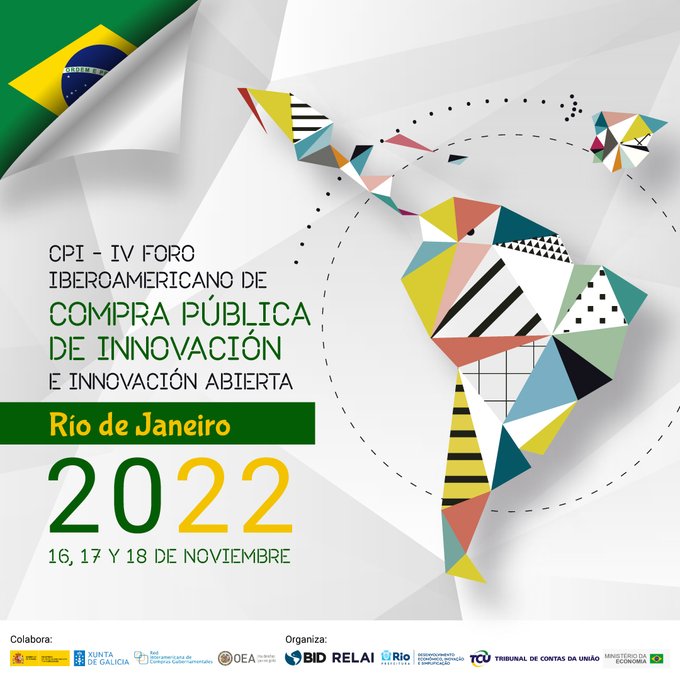News
Keys to the Training Workshop: Definition of multilateral market access strategies and consortium building
The Galician Confederation of Employers (CEG), through its International Tenders Service (SALT) and in collaboration with the Galician Institute for Economic Promotion (IGAPE), has launched a series of training workshops on Multilateral Tenders for the period 2024-2025. The first of these workshops, entitled “Definition of strategies for accessing the multilateral market and constitution of consortiums”, took place on September 18 in a hybrid format: in person at the Salón Galicia of the CEG in Santiago de Compostela and online through TEAMS.
Javier Vallejo Poza, a consultant with more than 20 years of experience in business internationalization in the field of international technical assistance and development cooperation projects, was in charge of the first workshop.
The event was aimed at all Galician companies interested in including multilateral internationalization as part of their business strategy. Attendees were able to learn first-hand about key tools for participating in international tenders. With a practical approach, strategies for identifying partners, structuring consortia and ensuring success in international projects were addressed.
Specifically, the companies acquired insights such as:
- Context of international tenders
The first step towards effective participation in international tenders is to understand the environment in which they operate. These tenders are funded by organizations such as the European Union or the United Nations, which prioritize sectors such as innovation, sustainability, infrastructure and digitalization. It is key to identify these strategic priorities. To do this, it is essential to understand the phases of the project, from proposal to award, and to know the regulations in force. In addition, tenders often require multinational consortia, which implies a global approach, adapting to different legal frameworks and business cultures.
- Multilateral internationalization strategy
Once the context is understood, the company must develop an effective internationalization strategy, which includes:
- Make a diagnosis of the company’s capabilities and limitations in relation to the requirements of the call for proposals.
- Define clear strategic objectives such as growth or expansion.
- Form a specialized bidding team, with defined roles. Ensure compliance with legal and financial requirements.
- Incorporate professionals with experience in the specific areas of the project or seek external experts if necessary.
- Importance of the consortium in international tenders
One of the particularities of international tenders, and that SALT promotes especially in companies that have no previous experience, is the figure of the consortium because the benefits that can bring to the company are great, as leader or partner depending on the case and depending on the degree of familiarity with each project.
During the workshop, it was emphasized that:
- The consortium should be made up of partners who bring complementary skills.
- Roles and responsibilities should be clear from the beginning.
- Ensure that the consortium complies with the regulations of the countries involved, and with the requirements of the bidding agency.
- Selection of suitable partners
Each project has its own particular characteristics, and it is crucial to define and find the right partners for it. Therefore, it is recommended to analyze the requirements of the project and define the characteristics that the partners must have: sector, size, previous experience, technical and financial capacity.
A balanced consortium includes companies from different countries, generating diversity and added value. Tools such as the EU Funding&Tenders platform help to identify potential partners. From the Service of Alerts and International Tenders (SALT) we also support in the search for international partners.
- Formalization of the consortium
Once the potential partners have been identified, it is necessary to carry out a process of rapprochement and negotiation to formalize the constitution of the consortium. During this first workshop we also worked on aspects related to initial contacts, negotiation of roles and responsibilities of each of the partners, pre-agreements and confidentiality agreements and, finally, the formalization of the consortium.
Despite the fact that these processes are a lesser-known means of internationalization for companies, this technical training day on multilateral tenders organized by CEG was an excellent opportunity for Galician companies to obtain knowledge and tools to present themselves at international tenders with greater chances of success.
If you want to be informed about future workshops, register on our SALT web platform and we will contact you!





